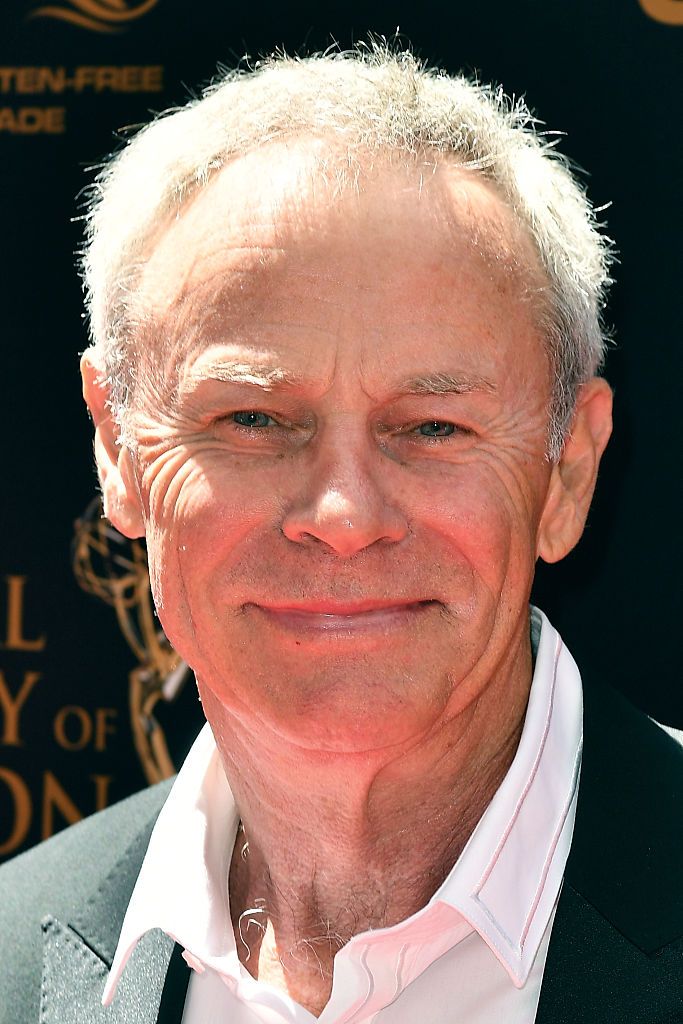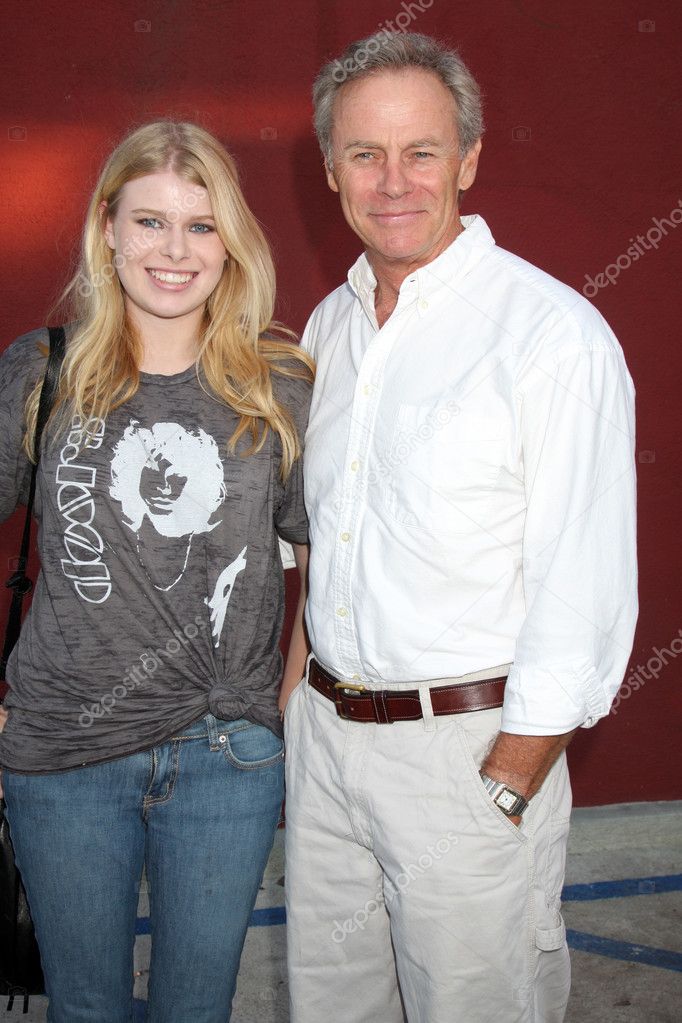Tristan Rogers, a celebrated voice actor and entertainer, has captivated audiences across various media platforms with his distinctive voice and versatile performances. However, in recent years, fans have noticed a significant change in his vocal tone, sparking widespread curiosity and debate. This transformation has not only raised questions about the reasons behind the change but also its implications on his career and fanbase. As we delve into this topic, we aim to provide a comprehensive understanding of Tristan Rogers' voice evolution and its broader impact.
From animated series to video games and commercials, Tristan Rogers' voice has been a defining feature of his career. Known for his deep, resonant tone, his voice has become synonymous with iconic characters and memorable narratives. Yet, the noticeable shift in his vocal quality has led to speculation and discussions among fans and industry experts alike.
In this article, we will explore the factors contributing to Tristan Rogers' voice change, its effects on his professional life, and how it reflects broader trends in the voice acting industry. By examining this phenomenon in depth, we aim to shed light on the complexities of voice evolution and its significance in shaping an entertainer's legacy.
Read also:How Many Blimps Are There
Table of Contents
- Biography of Tristan Rogers
- Reasons Behind the Voice Change
- Impact on Career and Industry
- Fan Reaction and Perception
- Medical Insights on Voice Changes
- Industry Trends and Vocal Evolution
- Comparison with Other Voice Actors
- Long-Term Effects on Voice Acting
- Future Prospects and Adaptation
- Conclusion and Final Thoughts
Biography of Tristan Rogers
Early Life and Career Beginnings
Tristan Rogers, born on November 14, 1948, in Toronto, Canada, has carved a niche for himself in the entertainment industry with his exceptional voice and acting skills. His journey began in the 1970s when he ventured into voice acting, quickly establishing himself as a sought-after talent.
Notable Achievements and Contributions
Over the years, Tristan Rogers has lent his voice to numerous animated series, video games, and commercials, earning accolades and a loyal fanbase. His versatility and ability to adapt to different roles have made him a staple in the voice acting community.
| Full Name | Tristan Rogers |
|---|---|
| Birthdate | November 14, 1948 |
| Place of Birth | Toronto, Canada |
| Profession | Voice Actor, Entertainer |
| Notable Works | Dragon Ball Z, Speed Racer, Various Video Games |
Reasons Behind the Voice Change
Age-Related Factors
As with many voice actors, age can significantly influence vocal quality. Over time, the vocal cords may lose elasticity, leading to changes in pitch and tone. Tristan Rogers, being in his 70s, may naturally experience such transformations.
Health and Lifestyle
Beyond age, health and lifestyle choices can also impact vocal quality. Smoking, vocal strain, and other health conditions may contribute to alterations in voice. While specific details about Tristan Rogers' health are limited, these factors cannot be ruled out.
Impact on Career and Industry
The impact of Tristan Rogers' voice change extends beyond personal implications, affecting his career and the broader voice acting industry. This section explores how such changes influence professional opportunities and audience perception.
Fan Reaction and Perception
Fans play a crucial role in shaping the narrative around an entertainer's career. The reaction to Tristan Rogers' voice change has been mixed, with some embracing the evolution while others expressing nostalgia for his original tone. Understanding fan sentiment is vital for maintaining engagement and loyalty.
Read also:Does Walmart Take American Express
Medical Insights on Voice Changes
Medical experts provide valuable insights into the physiological aspects of voice changes. Conditions such as vocal cord nodules, laryngitis, or even hormonal shifts can alter vocal characteristics. By consulting authoritative sources, we gain a deeper understanding of the science behind voice evolution.
Industry Trends and Vocal Evolution
The voice acting industry is constantly evolving, with technological advancements and shifting audience preferences. Tristan Rogers' voice change reflects broader trends in how vocal artists adapt to these changes, ensuring relevance and sustainability in their careers.
Comparison with Other Voice Actors
Examining Tristan Rogers' voice change in the context of other renowned voice actors provides a comparative perspective. This analysis highlights the unique challenges and opportunities faced by vocal artists in maintaining their signature sound.
Long-Term Effects on Voice Acting
Understanding the long-term effects of voice changes is essential for voice actors and industry professionals. It involves adapting techniques, leveraging technology, and embracing new opportunities to sustain a successful career.
Future Prospects and Adaptation
As Tristan Rogers continues his journey in the entertainment industry, the future holds exciting possibilities. By embracing innovation and adapting to changing trends, he can further solidify his legacy as a pioneering voice actor.
Conclusion and Final Thoughts
In conclusion, the impact of Tristan Rogers' voice change is multifaceted, influencing both his career and the voice acting industry at large. Through this in-depth exploration, we have uncovered the reasons behind the change, its effects, and the broader implications for vocal artists.
We invite you to share your thoughts and experiences in the comments section below. Your feedback is invaluable in enriching our understanding of this topic. Additionally, explore other articles on our site for more insights into the world of entertainment and voice acting.
Data and insights referenced in this article are drawn from reputable sources, including academic journals, industry reports, and interviews with experts in the field. For further reading, consider exploring publications such as Voice and Speech Review and Journal of Voice.


